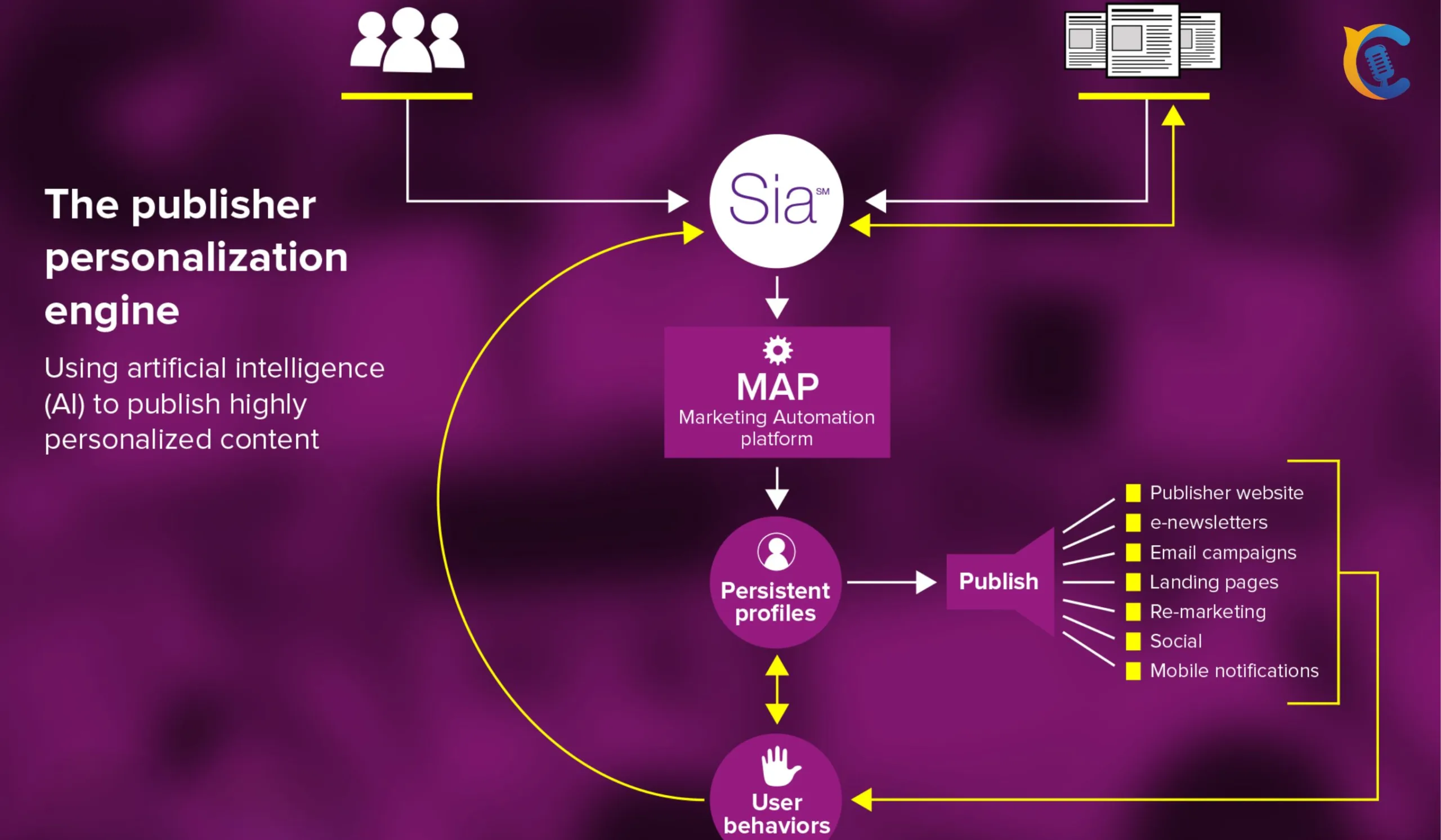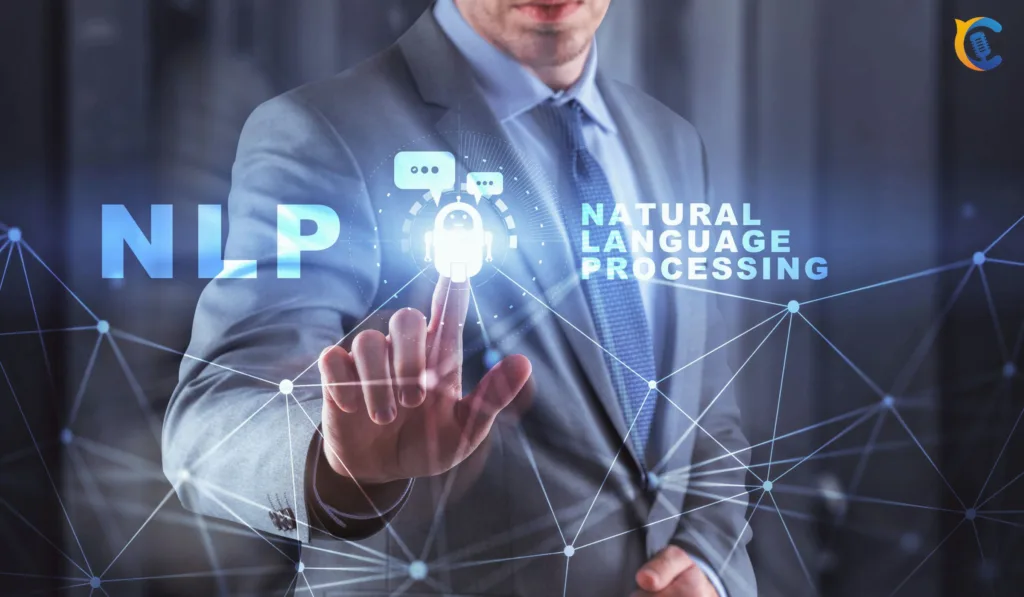
AI-Driven Personalization and Recommendation Systems: Enhancing Tailored User Experiences Across Platforms in 2023
AI-Driven Personalization and Recommendation Systems:
Table of Contents
Introduction

Artificial intelligence (AI) has fundamentally changed the technological landscape, changing customer experiences and user interactions. The integration of customization and recommendation systems across several platforms is one of the most impressive uses of AI. By providing individualized user experiences, these clever algorithms are altering e-commerce, streaming services, social media, and other fields. In this article, we’ll look at how AI encourages personalized content and product recommendations, which boost user pleasure and engagement across numerous platforms.
The Significance of Personalization
Generic, one-size-fits-all information and recommendations are no longer relevant in the new digital era. Customers today seek customized experiences that take into account their individual preferences and passions. AI-driven personalization can be useful in this situation. AI algorithms are able to provide each user with personalized recommendations and information by analyzing large amounts of user data to find patterns, habits, and preferences.

E-Commerce: Personalized Product Suggestions with AI

Personalized product suggestions AI has the power to transform the e-commerce business. sineRio has entirely changed how users are recommended things. Traditional recommendations like “Customers who bought this also bought it” are insufficient today. AI-driven systems today use user browsing patterns, past purchases, and contextual information like location or weather to offer tailored recommendations. These systems take into account user preferences, prior purchases, and reviews in order to provide highly relevant product recommendations. As a result, customers are more satisfied, and conversion rates are higher since consumers are more likely to see things that actually interest them.
Streaming Services: Tailoring Content Recommendations

Our entertainment lives now include streaming services, and AI is essential to improving our viewing experiences. To suggest personalized content, AI systems examine users’ viewing patterns, interactions, and behaviors. AI suggestions make sure that users are exposed to content that is in line with their interests, whether it be movies, TV shows, or music. This not only helps with content discovery and keeps users interested for longer periods of time, but it also increases user retention and platform loyalty.
Social Media: Personalized Feeds and Engagement

AI makes use of the abundance of data present on social media sites to provide individualized user experiences. AI-powered recommendation systems carefully curate users’ feeds based on their interactions, the content they interact with, the accounts they follow, and their social connections. This produces a more personalized and interesting feed that entices readers to come back for more. Additionally, AI helps social media networks serve tailored adverts, improving user experience overall and producing significant ad revenue.
AI-Driven Personalization: Challenges and Ethical Considerations
While AI-driven personalization and recommendation systems have many benefits, there are also drawbacks and ethical issues. Ensuring user privacy and data security is a significant concern. It is crucial to strike a balance between personalizing and protecting user information from potential exploitation because these systems significantly rely on user input.

The problem of algorithmic bias also occurs when AI systems unintentionally favor some demographics or uphold stereotypes. The use of diverse and inclusive data sets and ongoing algorithm improvements are necessary to combat bias and ensure fair and objective suggestions.
AI-powered personalization and recommendation systems

Systems enabling personalized user experiences across platforms have made significant strides thanks to AI-powered customization and recommendation technologies. We can look forward to the following developments and advantages as technology advances:
Enhanced User Understanding

Based on human interactions and behaviors, AI systems are always learning and changing. As more information is acquired, AI improves its comprehension of specific users, resulting in recommendations that are more precise and pertinent. By personalizing and streamlining the user experience, this better understanding can boost user happiness and adherence.
Cross-Platform Personalization

Cross-platform personalization is possible thanks to AI’s capacity for large-scale data analysis. For instance, users’ preferences and usage patterns from their interactions with online retailers may influence the content recommendations they receive on streaming services or social media. No matter what platform the user interacts with, this unified approach offers a consistent and tailored experience.
Contextual Personalization
AI can make recommendations that are even more specialized by using contextual data in real-time. For instance, e-commerce platforms can use information about a user’s location, the weather, or current events to propose products that are appropriate. Similar to this, streaming services can make content recommendations depending on the user’s current state of mind or surroundings, increasing user engagement.

Voice and Natural Language Processing

AI assistants with voice capabilities are proliferating, enabling consumers to connect with platforms and devices in a natural way. AI-powered recommendation systems can use natural language processing to comprehend user requests and preferences better, resulting in seamless and tailored responses.
Explainable AI

Transparency and explainability are becoming more important as AI systems become more complicated. In order to ensure that users can comprehend and trust the recommendations they receive, “explainable AI” strategies try to shed light on the decision-making procedures of AI systems. This encourages a feeling of control and allays worries about “black-box” AI.
Ethical AI Governance

Ethical AI governance will be crucial in addressing issues of prejudice and privacy. To preserve user information and provide fair and objective suggestions, businesses and organizations must establish strict ethical standards and data protection procedures.
Personalized Learning and Skill Development
AI-driven recommendation systems may be used for more than just making product and entertainment recommendations. In the field of education, personalized learning platforms could use AI to modify educational materials, curricula, and skill-building courses according to student strengths and deficiencies.

Smart Content Creation

AI can also be used to create material that is customized for users, such as social media posts or personalized news articles. These customized content pieces created by AI can be tailored to a person’s preferences while still being accurate and relevant.
AI-Driven Personalization and Recommendation Systems: Key Facts
- In social networking, streaming services, and e-commerce, AI allows for individualized user experiences.
- AI-powered recommendation systems make specific product recommendations.
- User engagement on numerous platforms is improved via personalization via AI.
- AI-driven algorithms examine user data to provide recommendations for pertinent content.
- E-commerce platforms use AI to offer individualized shopping experiences.
- In order to make content recommendations based on customer preferences, streaming providers use AI.
- Systems for making recommendations that leverage AI enhance user satisfaction and retention.
- Social networking sites use AI to customize content feeds for specific users.
- AI-powered personalization improves user interactions and conversions.
- AI recommendations let users find products and content more easily.
AI-Driven Personalization: Conclusion
The great potential of AI in customization and recommendation systems to improve the user experience across numerous platforms has already been shown. AI-driven suggestions have greatly increased user engagement, satisfaction, and retention across a variety of platforms, including e-commerce, streaming services, and social media. We may anticipate ever more advanced algorithms that provide highly personalized and contextually relevant content and suggestions as AI technology continues to advance. To ensure the ethical and advantageous use of AI in generating tailored user experiences in the digital age, developers, corporations, and policymakers must address ethical issues and privacy concerns. The future of tailored user experiences powered by AI provides tremendous prospects for both individuals and businesses as we embrace these breakthroughs.

































